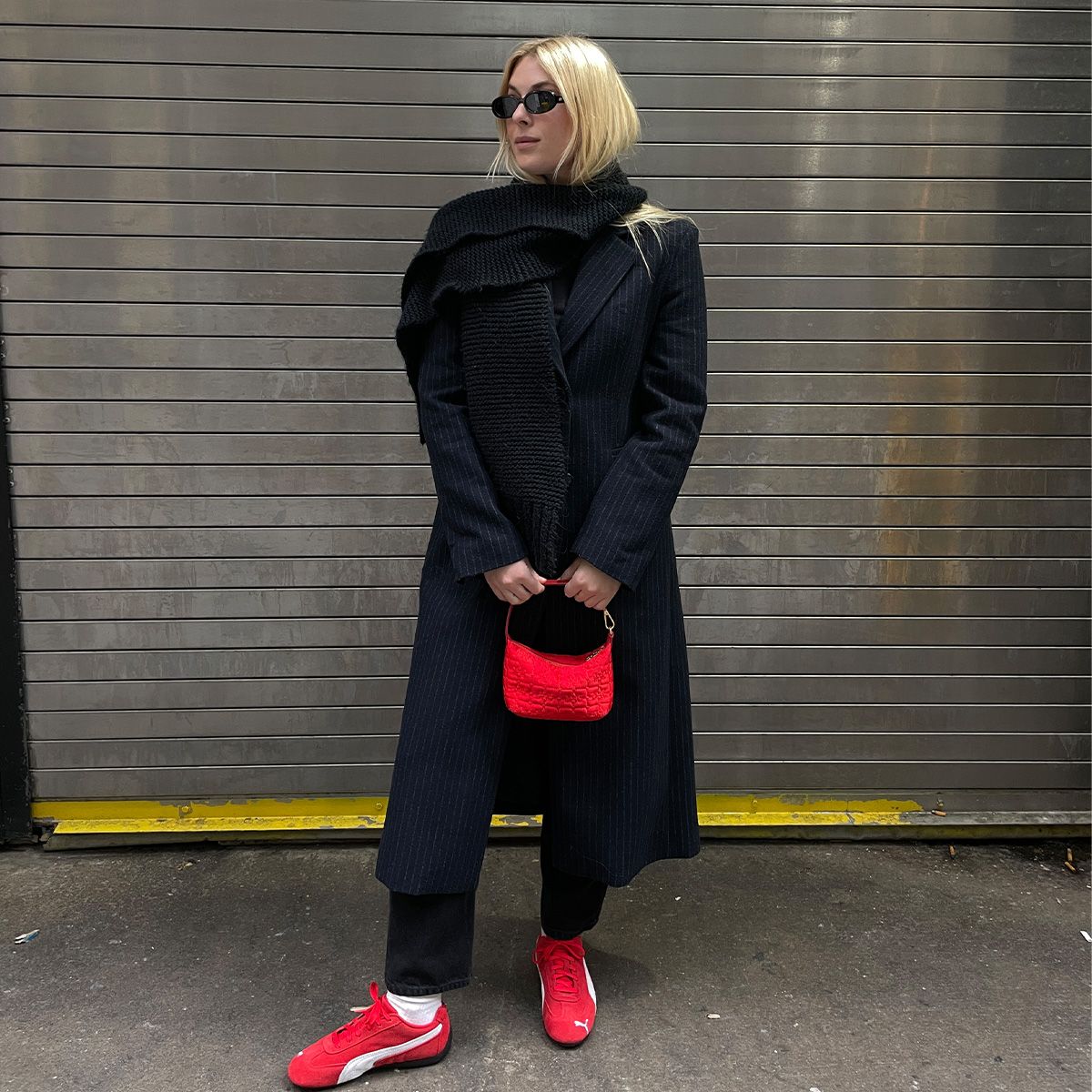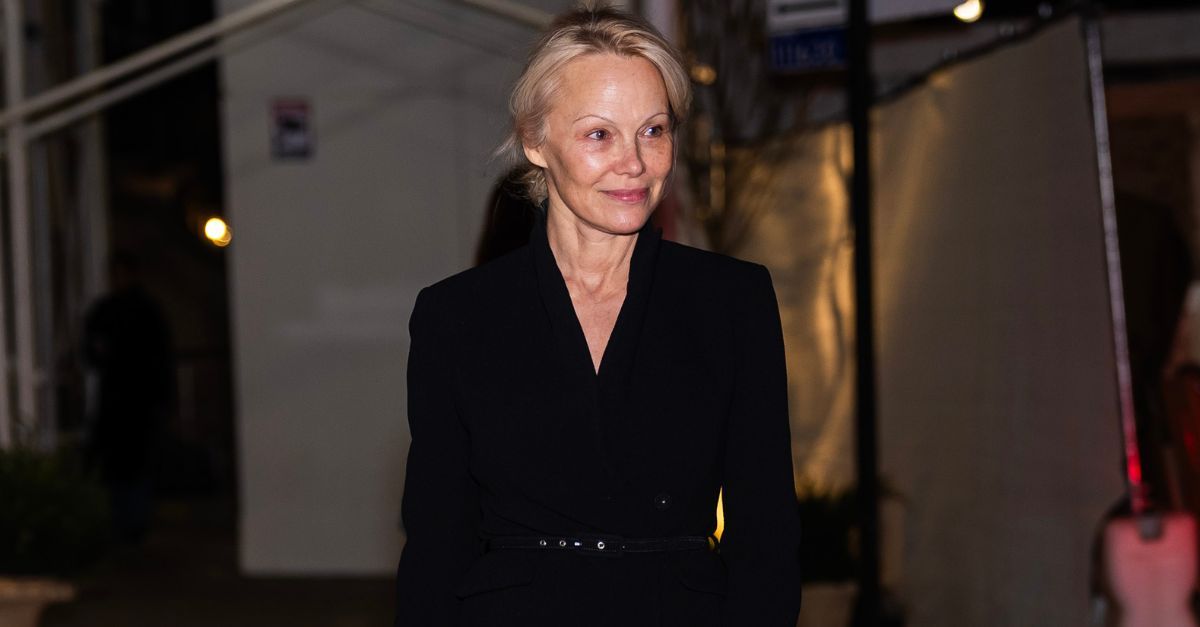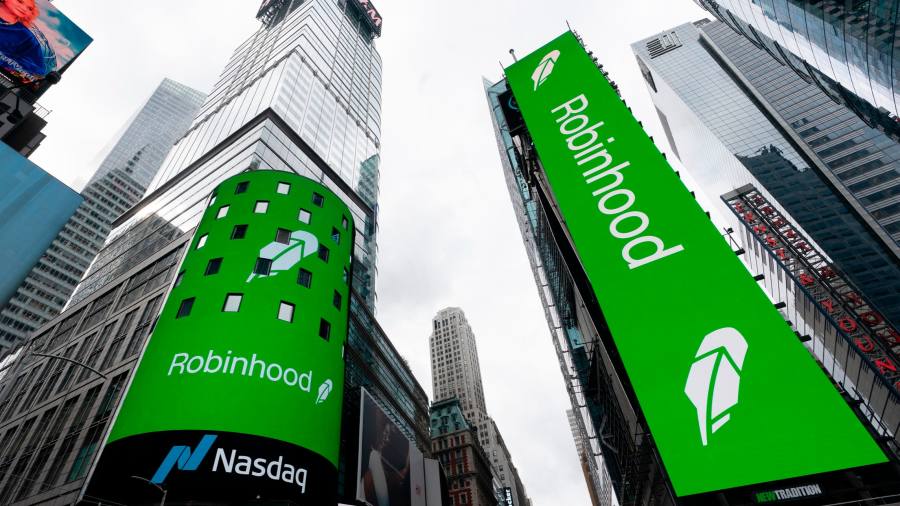Bankrupt cryptocurrency lender BlockFi is suing Sam Bankman-Fried to seize shares in Robinhood that the FTX founder allegedly pledged as collateral just days before his exchange collapsed.
The lawsuit on Monday came just hours after BlockFi filed for bankruptcy protection having suffered “a severe liquidity crunch” triggered by the failure of Bankman-Fried’s FTX exchange.
BlockFi’s complaint, which was filed in the same New Jersey court where it initiated bankruptcy proceedings, targeted Bankman-Fried’s Emergent Fidelity Technologies vehicle and demanded it turn over unspecified collateral.
The collateral at issue is Bankman-Fried’s stake in Robinhood, the online trading company, according to loan documents seen by the Financial Times. He bought 7.6 per cent of Robinhood earlier this year.
The dispute underscores the close links between crypto ventures and the messy untangling process that is beginning as bankruptcy lawyers sift through the wreckage of FTX and other businesses hit by its collapse.
The industry has suffered a series of rippling insolvencies this year as a major crisis in confidence has swept crypto markets, driving down tokens such as bitcoin and ethereum to their lowest price since 2020.
Bankman-Fried had styled himself as a saviour for failing crypto ventures in June and had provided emergency financing for BlockFi that gave him an option to buy the lender at a fire-sale price.
But on Monday BlockFi said its exposure to Bankman-Fried was ultimately its downfall, noting that his Alameda Research trading firm had defaulted on $680mn of collateralised loans in early November.
BlockFi’s complaint claims that around the same time, on November 9, it and Emergent entered into an agreement to guarantee the payment obligations of an unnamed borrower by pledging certain “common stock” as security. Legal correspondence included in the case identify the borrower as Alameda.
The dispute is a sign of the intense pressure on Bankman-Fried, whose paper fortune vanished almost overnight with the collapse of his $32bn FTX empire. Authorities in the US and the Bahamas, where FTX was headquartered, have launched investigations.
In the days leading up to FTX’s bankruptcy filing on November 11, Bankman-Fried had been rushing to raise billions of dollars in fresh financing. Spreadsheets he shared with investors listed his Robinhood shares as an asset.
Earlier in November, the FT reported that Bankman-Fried had been privately attempting to sell the Robinhood shares using the secure messaging app Signal in the days leading up to FTX’s bankruptcy filing on November 11.
Bankman-Fried had continued to negotiate selling his Robinhood shares even after entering into the pledge agreement, according to two people familiar with the matter.
According to messages seen by the FT, Bankman-Fried was still negotiating those sales on the evening of November 10.
BlockFi also named ED&F Man Capital Markets in the lawsuit as Emergent’s broker, claiming the London-based brokerage had “refused to transfer the Collateral to BlockFi”.
Legal correspondence filed along with the complaint shows that ED&F Man had declined to transfer the assets “absent an order from the Bankruptcy Court” in the FTX proceedings in Delaware.
BlockFi and Bankman-Fried did not immediately return requests for comment. ED&F Man declined to comment beyond the correspondence included in the filings.























































![Iggy Azalea – Money Come [Official Music Video] Iggy Azalea – Money Come [Official Music Video]](https://i.ytimg.com/vi/7t5V5ygeqLY/maxresdefault.jpg)


 Best Shuffle Dance Music Video 2023 on a viral TikTok Song
Best Shuffle Dance Music Video 2023 on a viral TikTok Song






















